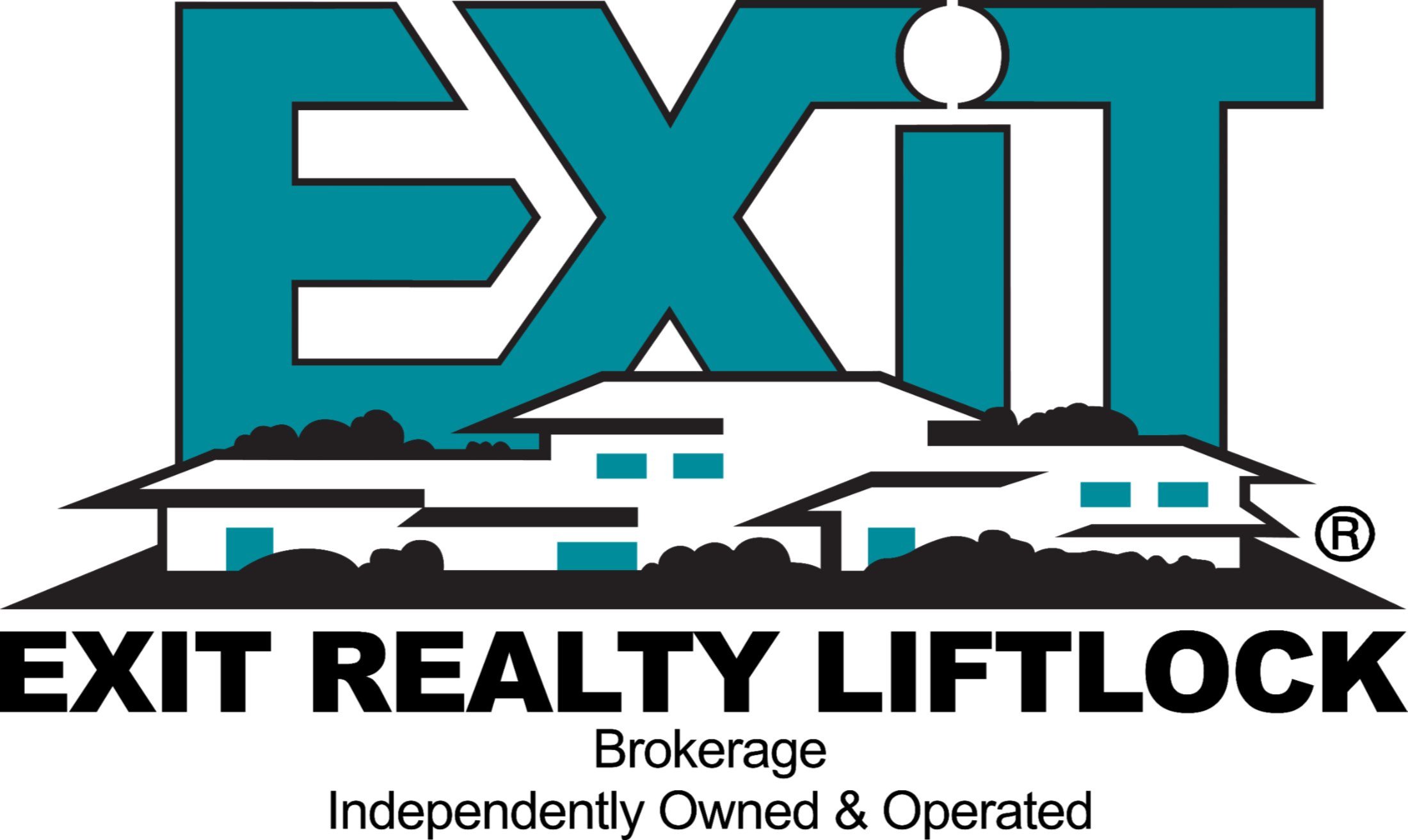Unlike other professionals who bill their clients at hourly rates, Real Estate professionals are paid at the end of a sales transaction. If a REALTOR® works with a buyer or a seller for weeks or months without resulting in a transaction, then the REALTOR® is not paid.
The commission earned is based on the selling price of the home. It is not paid until the transaction is complete. Payment amount and service terms are determined by the REALTOR®/brokerage and the client.
The amount is not fixed or approved by RECO, any government authority, or any real estate association or real estate board.
Commissions are negotiable between REALTORS® and their clients. The exact percentage of the renumeration (or commission) should be spelled out in the REALTORS® contract /representation agreement. This ensures that the REALTOR® is compensated for work completed.
Clients can agree to pay a fixed dollar amount, a percentage of the sale price, or a combination of both.
Technically, the REALTOR is paid by the seller at the settlement table, where the fee is subtracted from the proceeds of the home sale.
However, the sellers will take the commission into account when determining a listing price. So, in a sense, the buyers are paying the commission because they are paying to buy the house.
*The representation agreement cannot specify an amount based on the difference between a property’s listing price and what it sells for. Agreements must also identify circumstances in which the amounts agreed to might change and how they will change in each circumstance.*
If you are a seller: Your agreement needs to clearly indicate:
• the amount you agree to pay your brokerage (or how it will be calculated) for the services and representation you receive;
• the amount (or how it will be calculated) you agree to pay, if any, to compensate the buyer for their brokerage fees; and,
• how the amounts you agree to pay might change if you consent to multiple representation .
If you are a buyer: Your agreement needs to clearly indicate:
.the amount you agree to pay your brokerage (or how it will be calculated) for the services and representation you receive;
• how the amount you agree to pay will change if the seller agrees to cover some or all of your brokerage fees; and,
• how the amount you agree to pay might change if you consent to multiple representation .
Important note for buyers: A seller might not offer any amount to cover the fees you owe to your brokerage under your agreement. This could affect the amount you are able to offer for a property. Depending on your financial circumstances, you may not be able to afford to buy a property when the seller does not agree to pay your brokerage fees.
Bottom Line is Listing agents and their brokers spend time and money marketing a home, advertising, and preparing the home for sale, so what a Real Estate agent gets paid is to cover those services.
Buyer agents typically have a contract with their clients, so they are paid when the buyer completes a purchase, even if the buyers found that particular property on their own.
Whether you are a buyer or a seller, the professional support of your REALTOR® who represents your interests should be worth every dollar of the commission.
Digestible points below:
1. **Negotiability:** Real estate commissions are negotiable, and the percentage can vary. The industry standard is often around 5%, but sellers can negotiate a different rate with their agent. It's important to discuss and agree on the commission rate when signing a listing agreement.
2. **Cooperating Brokerage Commission:** The total commission is usually split between the listing brokerage (representing the seller) and the cooperating brokerage (representing the buyer). The cooperating brokerage's share is an incentive for buyer agents to show and sell the property.
3. **HST on Commission:** The Goods and Services Tax (GST) or the Harmonized Sales Tax (HST) may apply to real estate commissions in Ontario. It's essential to clarify with the agent whether the commission includes HST, as this can impact the total cost.
4. **Exclusive Listings:** In an exclusive listing arrangement, the seller agrees to work exclusively with one brokerage. If the property is sold through that brokerage, the full commission is paid to that brokerage. If the seller finds a buyer independently, they might not have to pay the full commission.
5. **For Sale by Owner (FSBO):** If a seller decides to sell their property without the assistance of a real estate agent (FSBO), they won't have to pay a buyer's agent commission. However, they may still negotiate the listing agent's commission if they choose to work with one for marketing and administrative support.
6. **Flat Fee Services:** Some sellers may opt for flat-fee services, where they pay a predetermined fee for specific services rather than a percentage of the final sale price. This can be an alternative to the traditional commission structure.
It's crucial for both buyers and sellers to understand the commission structure and terms outlined in the agreement with their real estate agent. Clear communication and transparency about commissions help ensure a smooth real estate transaction in Ontario.
Tara Dibranou REALTOR® - Servicing you in the Kawartha Lakes, and Peterborough County
.png)


.png)